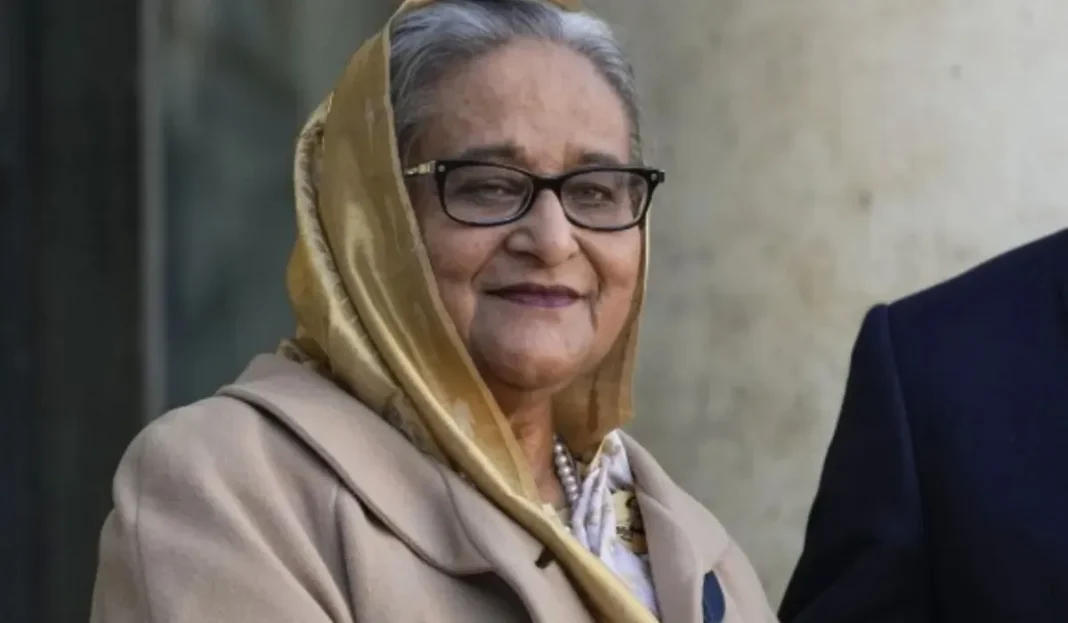Key Takeaways
- Bangladesh’s special tribunal to deliver verdict on Sheikh Hasina within 24 hours
- Interim government seeks death penalty for crimes against humanity
- Nationwide security alert amid fears of potential unrest
- Hasina and former minister tried in absentia while living in India
Bangladesh braces for a critical verdict as a special tribunal prepares to announce its decision on ousted Prime Minister Sheikh Hasina within the next 24 hours. The interim government led by Muhammad Yunus has demanded the death penalty for the 78-year-old former leader, accusing her of crimes against humanity during last year’s anti-government protests.
Nationwide Security Alert
Authorities have placed security forces on high alert across Bangladesh, anticipating potential violence if the tribunal delivers a death sentence. Law enforcement agencies have completed preparations to handle any untoward situations, with particular focus on sensitive areas.
Charges and Accusations
The International Crimes Tribunal (ICT-BD) will announce its verdict against Sheikh Hasina for severe crimes related to the July 2023 student-led uprising, known as the “July Revolt.” The protests ultimately led to the collapse of her Awami League government on August 5, 2024.
Former Home Minister Asaduzzaman Khan Kamal and ex-Inspector General of Police Chowdhury Abdullah Al-Mamun also face accusations across five cases. The charges include:
- Murder and attempted murder
- Torture and inhumane acts
- Crackdown on protesters during the 2023 uprising
Fugitive Status and Witness Turnaround
Both Hasina and Kamal are being tried in absentia and declared fugitives. Hasina fled Bangladesh during escalating unrest and currently resides in India, while Kamal is also believed to have taken shelter there.
In a significant development, former IGP Al-Mamun turned state witness after initially being among the key accused.
Prosecution’s Case and UN Report
Chief prosecutor Mohammad Tajul Islam has demanded the death penalty, calling Hasina the “mastermind and chief architect” behind the violent crackdown. A UN rights report claimed up to 1,400 people were killed between July 15 and August 15, 2023, during security operations ordered by Hasina’s government.
The tribunal heard testimonies from 54 witnesses over 28 working days before reserving judgment on October 23.
Political Motivations and International Dimensions
Hasina’s supporters maintain the charges are politically motivated, aimed at eliminating her from Bangladesh’s political landscape.
The Yunus-led interim government has formally requested India to extradite Hasina, but New Delhi has yet to respond. Hasina has publicly criticized the tribunal as a “kangaroo court,” alleging she faces a politically vindictive process under an unelected regime.
Broader Political Fallout
Last month, the Awami League filed a petition with the International Criminal Court (ICC) against the interim government, accusing it of crimes against humanity including unlawful killings and arbitrary detentions of its members.
The ICT-BD, originally established to prosecute 1971 Liberation War collaborators, was amended by the interim administration to allow trials of former political leaders like Hasina. Many former Awami League leaders are now either imprisoned or living abroad as fugitives.
As the nation awaits the tribunal’s verdict, Bangladesh faces a tense moment that could reshape its political future. A death sentence for Sheikh Hasina risks triggering widespread unrest, deepening political divisions, and influencing regional dynamics given her current residence in India.




